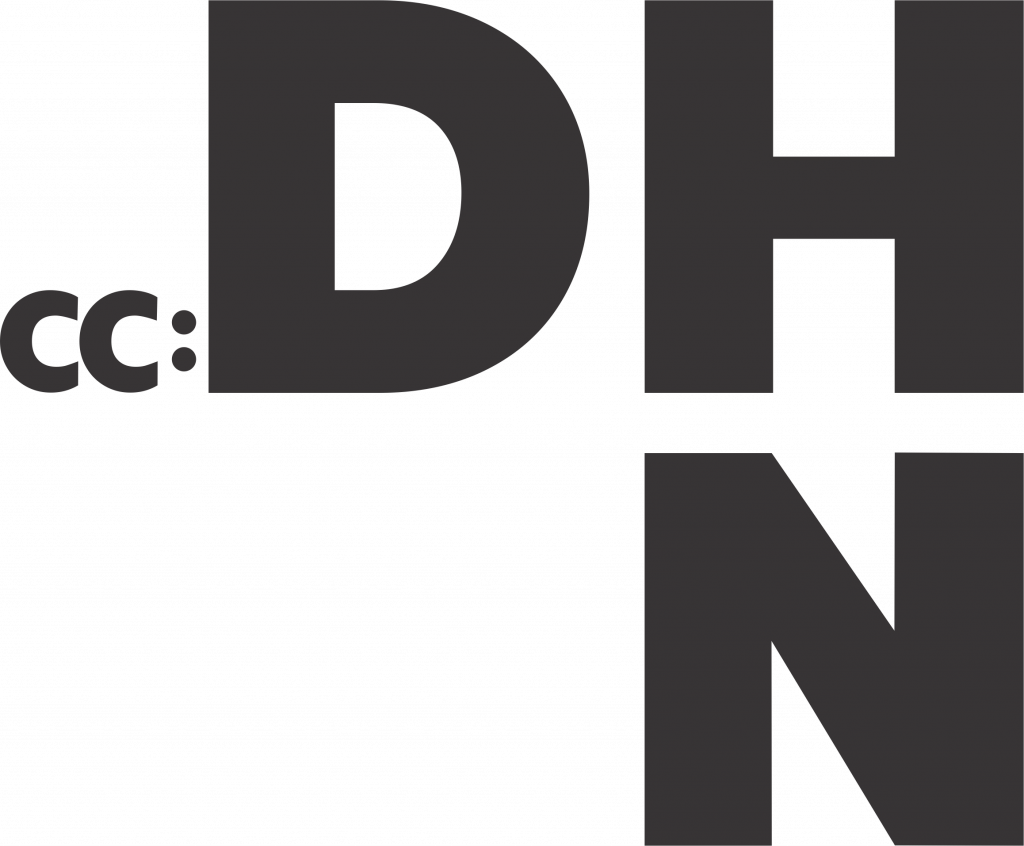
- This event has passed.
Making Connections: The Semantic Web for Humanities Scholars
June 3 – June 7
Format
in person/face-à-faceThis course dives into the Semantic Web with its possibilities for humanities research through exploring ontologies and vocabularies for Linked Open Data: how they are constructed, how they function in relation to data structure and creation, and how they impact dissemination and querying. Practical exercises will include ontology creation and extension, using ontologies in the creation of LOD or conversion of existing data using a range of tools, and the use of ontologies in data querying, analysis, and visualization. Discussions and reflection on class activities will work towards an understanding how ontologies both mobilize and constrain data, analyzing the implications of different ontologies as forms of modeling, and evaluating the suitability of particular ontologies for different approaches to research. We will be particularly concerned with the ability of ontologies to reflect the heterogeneity, specificity, and situatedness of humanities data, and to support critical approaches such as feminism, critical race, and indigenous studies.
This course is offered by the Linked Infrastructure for Networked Cultural Scholarship cyberinfrastructure project, which will be providing tools and methods for converting humanities datasets into LOD. Researchers are encouraged to bring content they are interested in mobilizing in the form of an essay, article, primary text for editing; XML (e.g. TEI or MODS) data; or a spreadsheet or CSV file. These will form the basis of discussions, analyses, and experimentation with tools.
This offering is co-sponsored by LINCS.
This course combines lecture, seminar, and hands-on formats. Consider this offering in relation to the following. Predecessors: Linked Open Data and the Semantic Web; Making Choices About Your Data; Race, Social Justice, and DH: Applied Theories and Methods (good for evaluating the vocabularies that we find); Feminist Digital Humanities: Theoretical, Social, and Material Engagements (good for evaluating vocabularies that we find); Queer Digital Humanities: Intersections, Interrogations, Iterations (good for evaluating vocabularies that we find); Databases for Digital Humanists; Fundamentals of Programming/Coding for Human(s|ists). Successors: Introduction to Network Analysis in the Digital Humanities; Ethical Data Visualization: Taming Treacherous Data; Web APIs with Python; Information Security for Digital Researchers; Introduction to IIIF: Sharing, Consuming, and Annotating the World’s Images. Peers: Open Access and Open Social Scholarship; Endings: How to end (and archive) your digital project; XPath for Processing XML and Managing Projects; Agile Project Management. And more!
